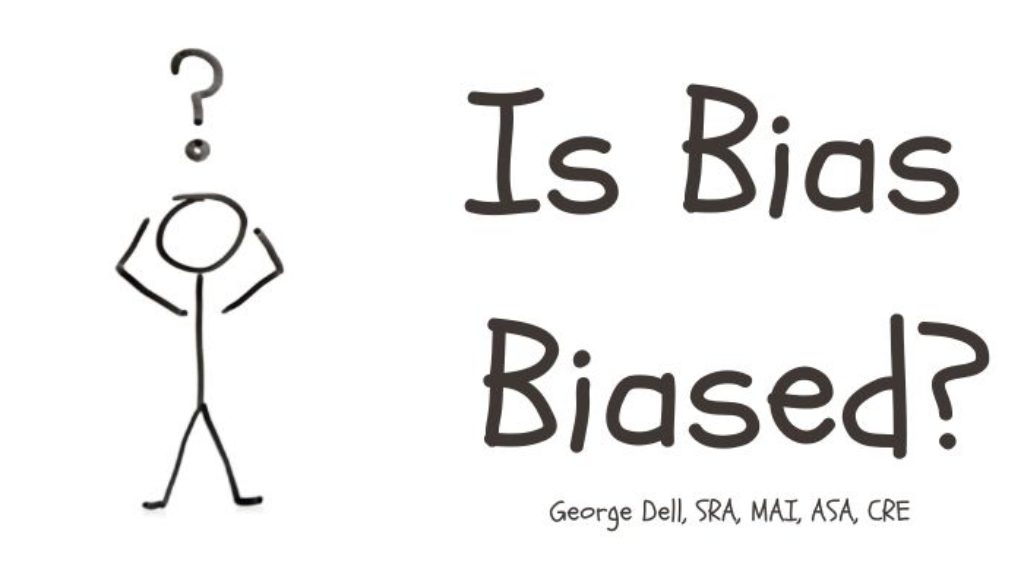Is it possible discussions about bias are biased? Oh no!
Surely personal motive cannot affect my position on bias. Can it?
Editor’s Note: This is another intersection of Modernization (Part IX) and Bias (Part 6).
It is difficult being a word nerd right now. Particularly writing about bias. This is a topic which is much in the news and our culture right now. Being an immigrant myself at a young age affected me in both negative and positive ways. Later in life, I often found myself inside groups of minority outcasts, different, troublesome people, with even “strange ideas about statistics.”
On the negative, I often found myself alone with my thoughts. My non-acceptance by majority groups subtly caused me to question some majority expectations. I did not fit in. (Still don’t.) My forced questioning of accepted norms made me realize some norms were good, some just necessary, and some damaging. One of my smarter teachers stated about my (very bright) high school class “This class has more “mob rule” than I have ever seen before.”
That statement at least put a container on my thoughts and feelings. It made it internally possible for me to be different, to be creative, and yet to give back to the world. I became OK in my not OKness!
So. Back to bias.
I learned one thing throughout my education. Whether it was science, English, languages, debate, economics, or political science . . . The most important start for any learning, any rational discussion – is to make sure you know what the words mean. To you, to others, and to those who might make decisions based on these discussions.
So, what is bias in the context of valuation, particularly for the purpose of collateral risk assessment? And also: what is the purpose of ‘unbiasedness?’ Where does bias fit in the world of solution? What is the goal of valuation?
We want the truth (or at least most of us must claim to want the truth).
In logic and science, and especially in valuation, our overall goal is the truth. So how do we define the truth when it is not a single-point, one number — “most probable selling price”? “Most probable” itself declares that there is uncertainty. So what nerd words are heard? Let’s look. Some words are found in science and in statistics. One if found as a requirement for an appraiser.
Science nerd word
- Accuracy: How close is a single measurement to the true or accepted value
- Precision: How close are repeat/different measurements to each other
- Validity: The extent a study measures what it is intended to measure [bias!]
- Reliability: Accuracy, consistency, & stability across varying situations
Bias only applies to the word “valid,” where the result does not measure what is intended to measure!
USPAP: Credible: “Worthy of belief”
As it turns out, in appraisal standards, it appears you can be biased, so long as what you say is believable, or worthy of being believed! Maybe it is time for FHFA, and the government sponsored enterprises (GSEs) to consider the other words, the nerd words as a better way to at least help research in the topic of social bias, as well as analytical bias.
It is time to re-examine bendable belief-based standards.
It is time to re-examine limiting legacy licensing law.

May 25, 2022 @ 7:48 am
Consistency should be stressed. An outcome (value opinion) should be repeatable. And not only repeatable by the ‘appraiser’ but by equally competent ‘appraisers.’ The outcome (value opinion) should be consistent among similar properties (not the same but consistent). The outcome should also be understandable to the client and any intended users.